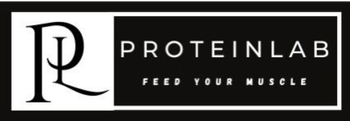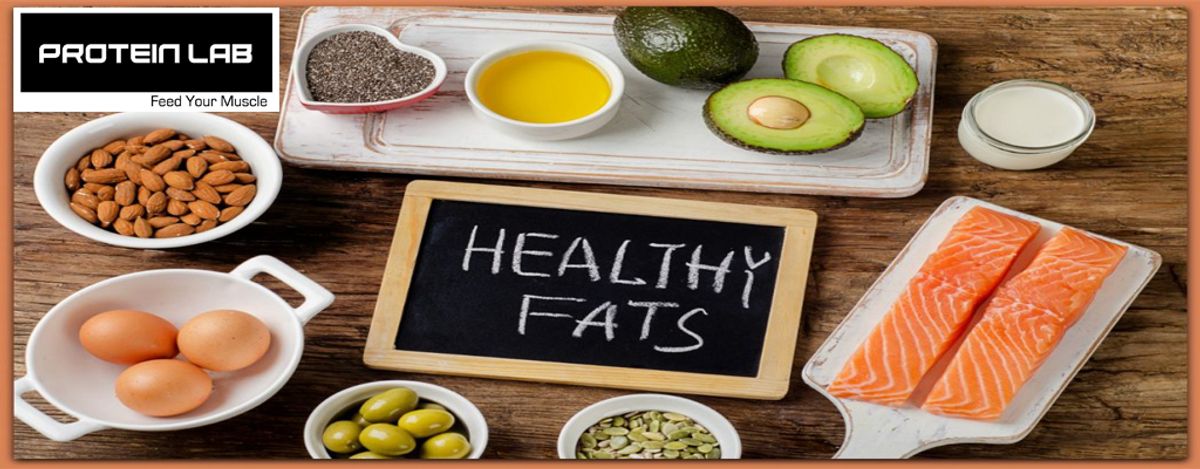
To begin with we need to know the topic in hand,
What are Fats?
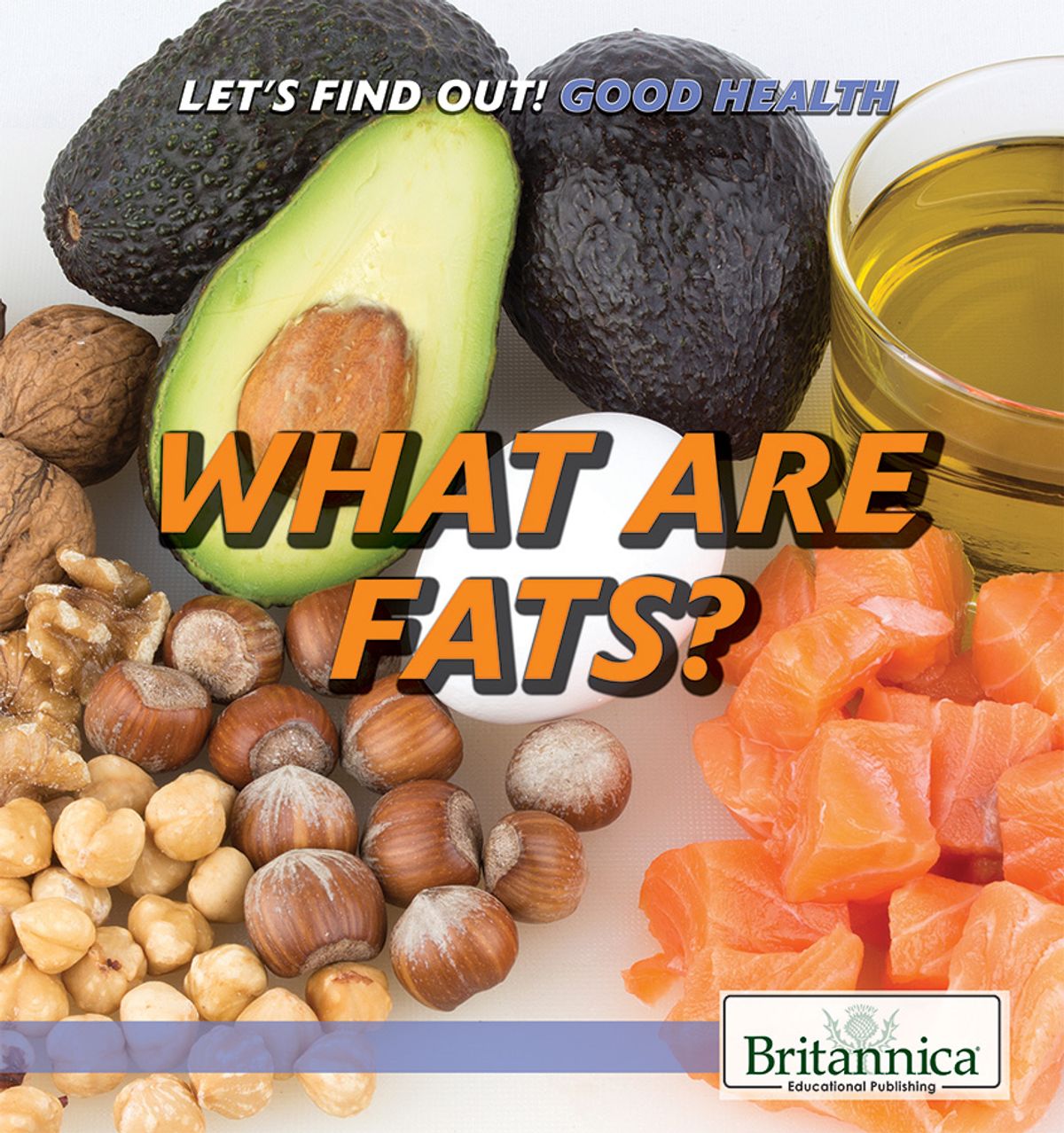
Fats are substances that help the body uses some of the good vitamins & keep the skin healthy. they are also the main way the body stores energy when needed.
Why do we even NEED Fats?
Well, it is indeed essential to eat some fats, though it can be very harmful to your body if you eat too many.
- The fats you eat give your body energy that it needs to work effectively. Fat also helps you absorb vitamins A, D, E, and K, which makes it the so-called fat-soluble vitamins.
- Fat also fills your fat cells and insulates your body to help keep you warm from the cold. In other words, fats can help to regulate the body's temperature.
- Believe it or not, fats can also help you by improving your immune systems.
- Last but not least, fats can make a creating feeling of satiety.
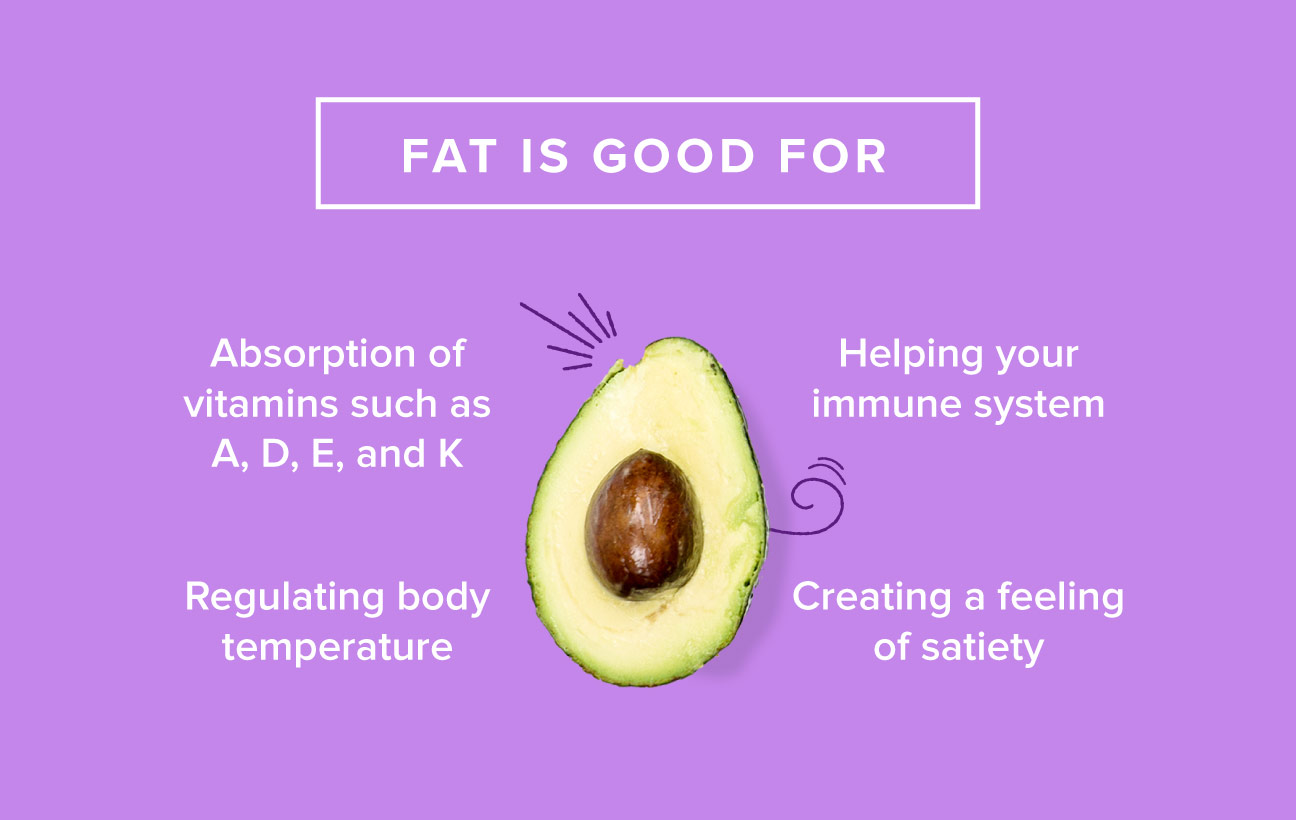
How many kinds of Fats are there?
There 5 kinds of fats you'll need to know.
- Monounsaturated Fats
- Polyunsaturated Fats
- Saturated Fats
- Hydrogenated Oil Fats
- Trans Fats
1) Monounsaturated Fats
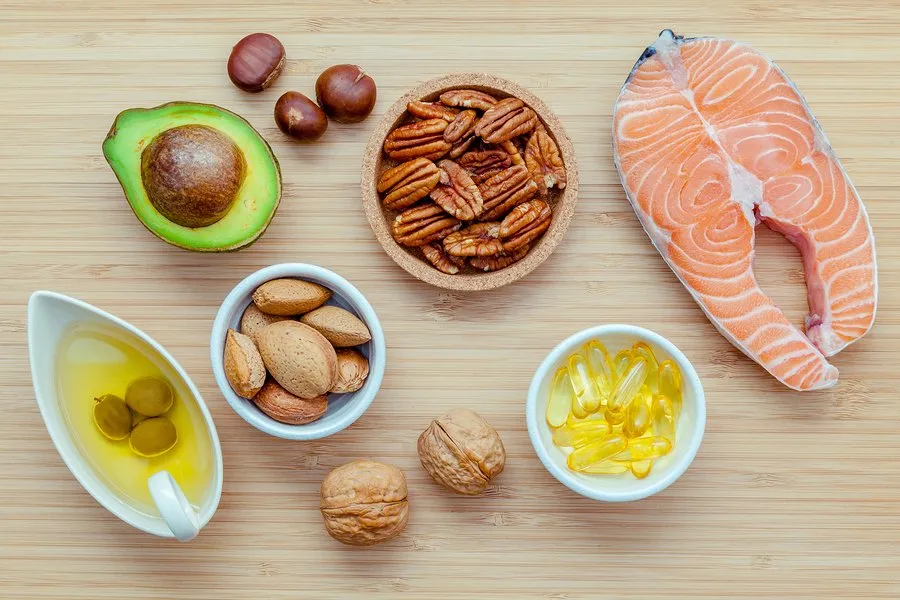
Monounsaturated fatty acids (MUFAs) are fatty acids with one double bond in their structure, which determines some of their properties and health effects. Monounsaturated fats protect the heart and support insulin sensitivity, fat storage, weight loss, and healthy energy levels. Healthy choices include:
- Avocado
- Fish oil
- Walnuts
- Salmon
- Olive oil
- Macadamia nuts
2) Polyunsaturated Fats
From a chemical standpoint, polyunsaturated fats are simply fat molecules that have more than one unsaturated carbon bond in the molecule, this is also called a double bond. Oils that contain polyunsaturated fats are typically liquid at room temperature but start to turn solid when chilled. Polyunsaturated fats can help lower your LDL ( low-density lipoprotein which are bad) cholesterol. Cholesterol is a soft, waxy substance that can cause clogged or blocked arteries (blood vessels). Having low LDL cholesterol reduces your risk of heart disease. Polyunsaturated fats include omega-3 and omega-6 fats.
- Walnuts.
- Sunflower seeds.
- Flax seeds or flax oil.
- Fish, such as salmon, mackerel, herring, albacore tuna, and trout.
- Corn oil.
- Soybean oil.
- Safflower oil.
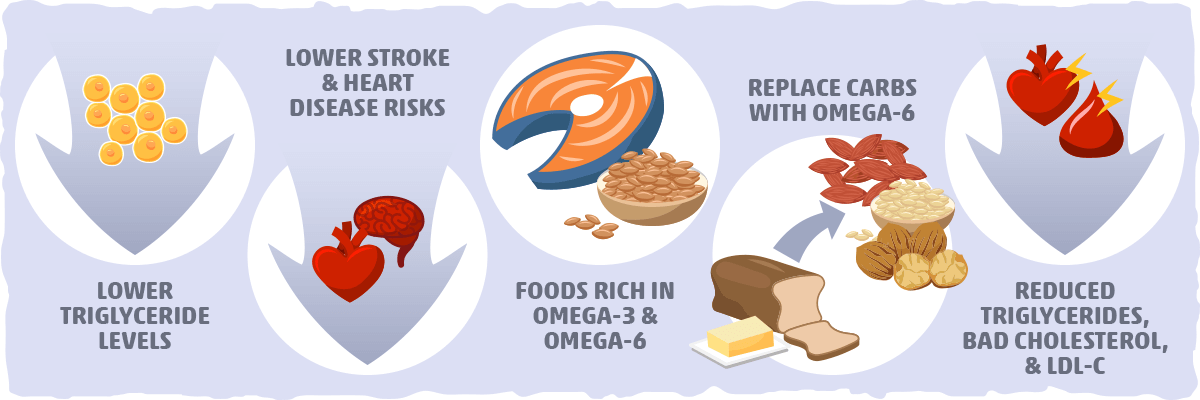
3)Saturated Fats
Saturated fats are fat molecules that have no double bonds between carbon molecules because they have been saturated with hydrogen molecules. Saturated fats are typically solid at room temperature.
Most saturated fats are animal fats. They can be found in high-fat meats and dairy products.
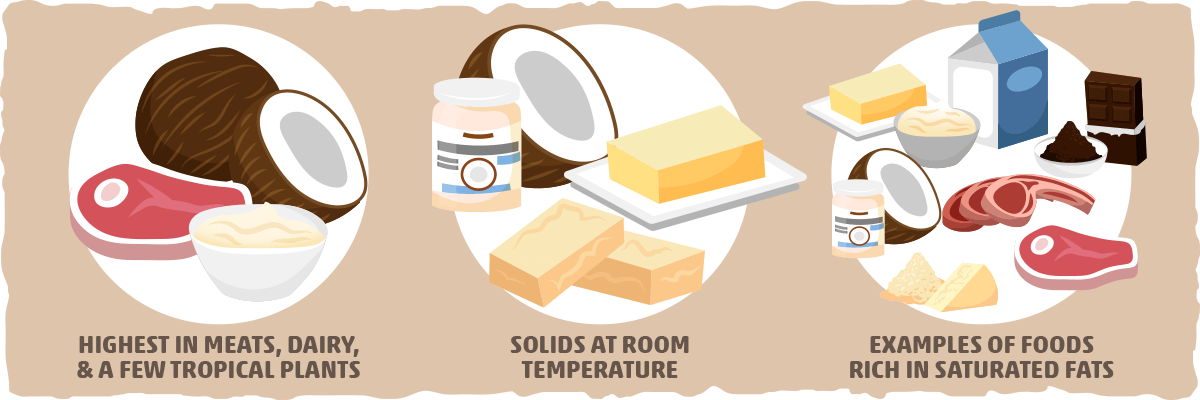
Saturated fat sources include:
- fatty cuts of beef, pork, and lamb
- dark chicken meat and poultry skin
- high-fat dairy foods (whole milk, butter, cheese, sour cream, ice cream)
- tropical oils (coconut oil, palm oil, cocoa butter)
- lard
4) Hydrogenated Oil Fats
Hydrogenated Oil Fats are manufactured fats created during a process called hydrogenation whereby hydrogen units are added to polyunsaturated fatty acids to prevent them from becoming rancid and to keep them solid at room temperature.
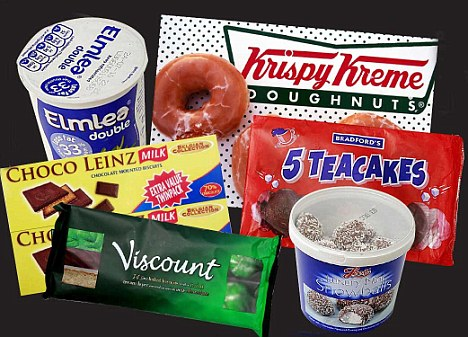
Partially hydrogenated oils are most commonly found in foods that also have saturated fat, such as:
- Margarine.
- Vegetable shortening.
- Packaged snacks.
- Baked foods, especially premade versions.
- Ready-to-use dough.
- Fried foods.
- Coffee creamers, both dairy and nondairy.
5) Trans Fats
Trans fats are by far, the WORST kind of Fats. Trans fats are a form of unsaturated fat associated with several negative health effects. Artificial trans fat is created during hydrogenation, which converts liquid vegetable oils into semi-solid partially hydrogenated oil.
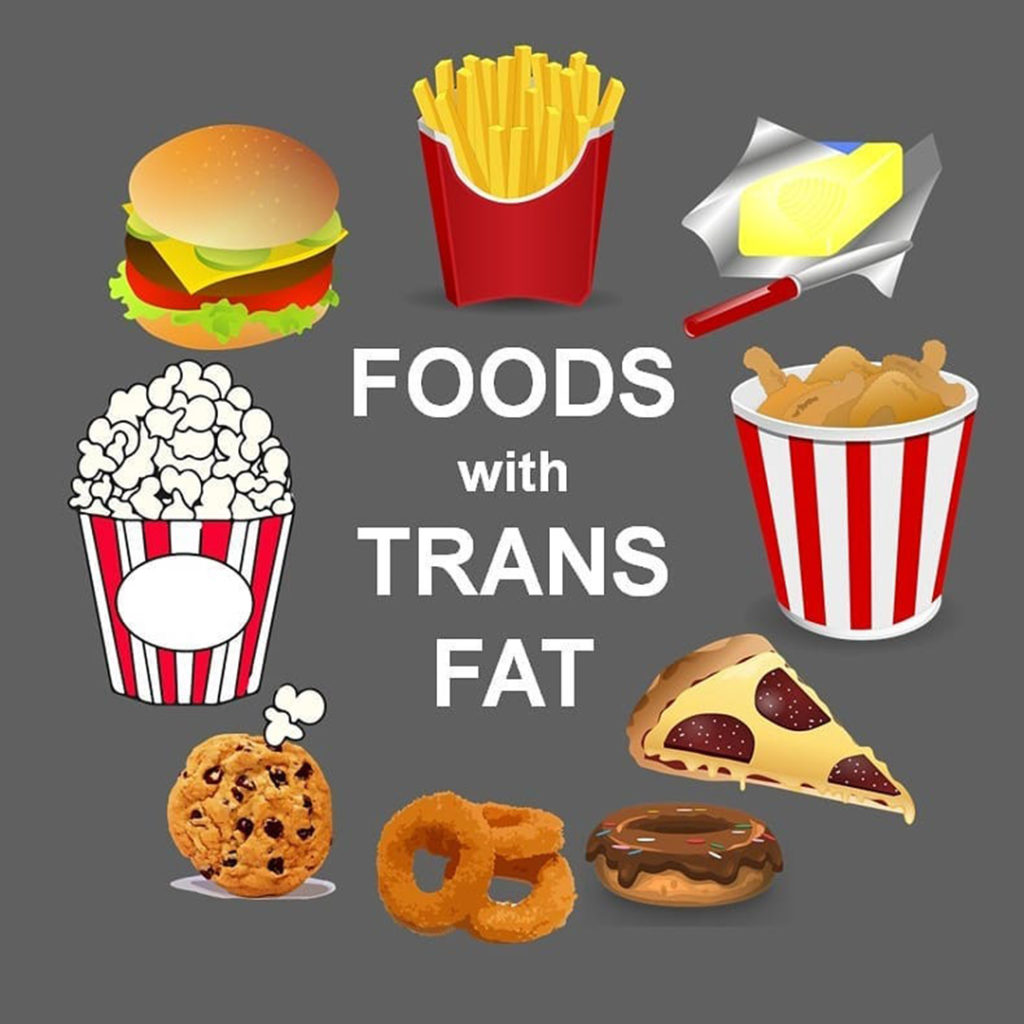
These are the worst fats for you. You might find trans fat in:
- fried foods (French fries, doughnuts, deep-fried fast foods)
- margarine (stick and tub)
- vegetable shortening
- baked goods (cookies, cakes, pastries)
- processed snack foods (crackers, microwave popcorn)
